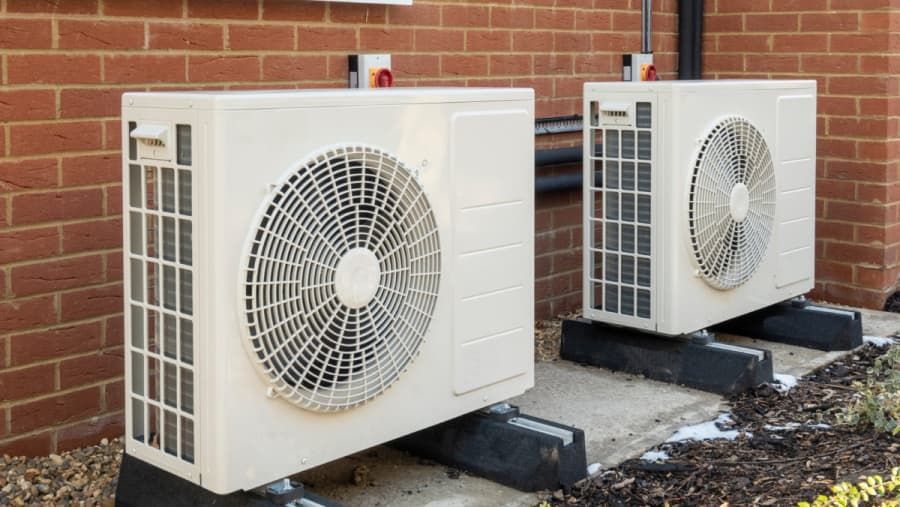How Does the Volvo XC40 Save Fuel
As oil prices continue to rise, fuel economy has become an important consideration for consumers when buying a car. As a luxury SUV, the Volvo XC40 has also attracted much attention for its fuel economy. Delve deeper to see how to save fuel.

1. Choose the right engine and gearbox
The Volvo XC40 is equipped with a variety of powertrains, including petrol and diesel engines, as well as manual and automatic transmissions. Different engine and transmission combinations have different effects on fuel economy. Therefore, choosing the right engine and gearbox is the key to achieving fuel savings.
For city driving, choosing a model with a diesel engine is often more economical. Diesel engines burn more efficiently, while lower RPM can achieve greater torque, making acceleration smoother. When driving on the highway, a gasoline engine may be more fuel efficient because its power output is stronger and it can maintain a higher speed.
A manual transmission can provide a better driving experience and in some cases may be more fuel efficient than an automatic transmission. However, if the driving technique is not skilled enough, frequent shifting may increase fuel consumption. Therefore, choosing a gearbox that suits your driving style is also the key to achieving fuel savings.
2. Maintain a stable driving speed
During driving, keeping a consistent driving velocity can assist with diminishing fuel utilization. Tests show that the fuel utilization is least while driving at a speed of 60-90 km/h. In this manner, attempt to keep a steady speed during heading to keep away from fast speed increase and unexpected slowing down.
3. Reasonable use of air conditioning and heating systems
Cooling and warming framework is one of the fundamental energy consuming gear of vehicle. The utilization of cooling and warming frameworks in winter and summer increments fuel utilization. Hence, the normal utilization of cooling and warming framework is the way to accomplish fuel saving.
While utilizing cooling in summer, you can open the Windows ahead of time to ventilate and utilize normal breeze to chill off. While involving the warming framework in winter, you can pick the right temperature to abstain from overheating. Furthermore, attempt to pick a cool spot while leaving, to stay away from direct daylight bringing about unnecessary temperature in the vehicle.
4. Reasonable arrangement of driving routes
The driving route also has an impact on fuel economy. In the process of driving, try to choose a smooth route to avoid congestion and traffic lights more sections. This can reduce the number of starts and brakes of the vehicle, thus reducing fuel consumption.
5. Regular maintenance of vehicles
Customary upkeep of the vehicle can guarantee the exhibition and mileage of the vehicle. For instance, normal oil changes can guarantee the grease of the motor; Supplanting the air channel can guarantee the admission nature of the motor; Checking the tire strain and wear can guarantee the tire's hold. These upkeep measures can further develop efficiency.
6. Use energy-saving additives
The utilization of energy effective added substances can further develop mileage. A few added substances can decrease motor rubbing and admission obstruction, in this way further developing fuel burning effectiveness. In any case, it is essential to take note of that not all added substances are appropriate for all models and fuel types. Consequently, it is important to peruse the guidelines cautiously and adhere to the directions prior to utilizing added substances.
In summary, the Volvo XC40 needs to be fuel-efficient in several ways. Fuel economy can be improved by choosing the right engine and gearbox, maintaining a steady driving speed, using air conditioning and heating systems properly, arranging driving routes properly, maintaining vehicles regularly and using energy-saving additives. Consumers can choose the right method to achieve fuel saving according to their actual situation.
Guess you like
-

Cheap Mobility Scooters for US Seniors
-

Where to Find All-Inclusive Luxury Overwater Bungalows Without Straining Your Budget
-

How to Choose the Right Online Marketing Degree
-

Unlock Affordable High-Speed Internet for Businesses
-

Why We Need Cybersecurity Software to Protect Our Data
-

Heat Pumps: A Wise Choice for Heating Old Buildings?



